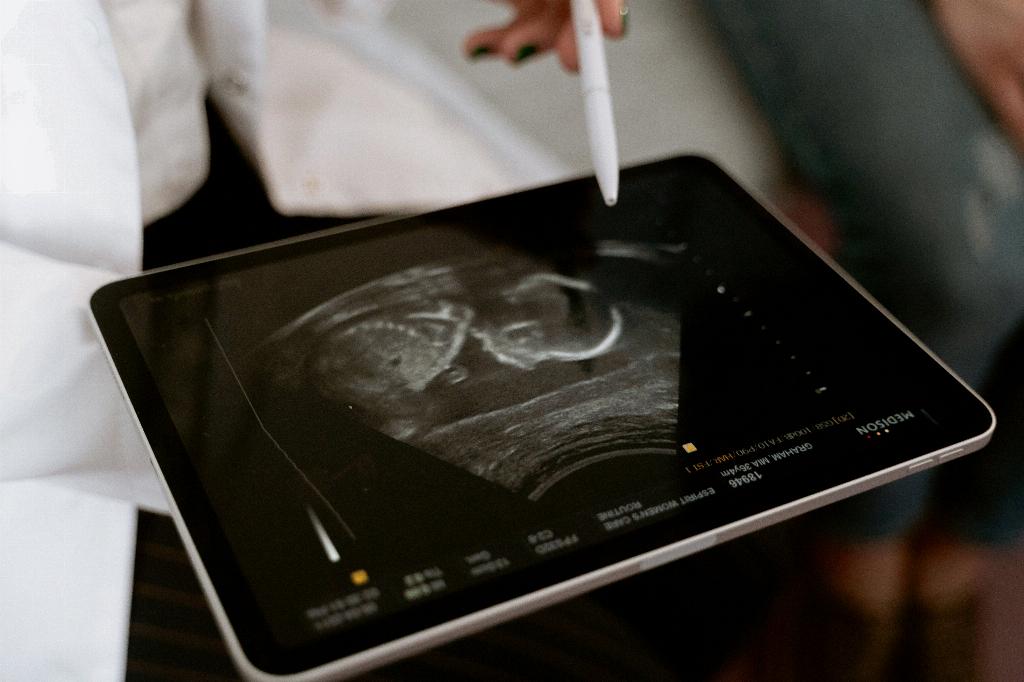Plan B, commonly known as the morning-after pill, is a contraceptive method that can help prevent pregnancy when taken within a specific timeframe after unprotected intercourse. However, there are instances where Plan B may fail to be effective, leading to concerns and uncertainties among those who rely on it. Understanding the potential factors that can contribute to Plan B failure is crucial for making informed decisions about emergency contraception.
Timing of Administration
One of the primary reasons why Plan B may fail is the timing of administration. It is essential to take the pill within 72 hours of unprotected intercourse for it to be most effective. Delaying the intake of Plan B beyond this window significantly reduces its ability to prevent pregnancy, as the likelihood of fertilization increases with time. Therefore, time sensitivity plays a critical role in the success rate of emergency contraception.
Impact of Vomiting
Another factor that can lead to Plan B failure is vomiting shortly after taking the pill. If an individual vomits within two hours of ingesting Plan B, the effectiveness of the medication may be compromised. This is because vomiting can expel the active ingredients of the pill before they have been fully absorbed by the body, reducing its contraceptive effects. Therefore, it is essential to monitor any signs of nausea or vomiting after taking Plan B.
Body Mass and Dosage
Body mass and dosage are also significant determinants of Plan B’s efficacy. Individuals with a larger body mass may require a higher dosage of the medication to ensure its effectiveness. Failure to take the appropriate dosage based on body weight and size can reduce the pill’s contraceptive efficacy, leading to a higher risk of pregnancy. Therefore, it is crucial to consult healthcare providers to determine the right dosage of Plan B for optimal results.
Additional Risk Factors
Aside from the above-mentioned factors, several other elements can impact the success rate of Plan B. Interactions with certain medications, underlying health conditions, and individual variations in metabolism can all influence the pill’s effectiveness. It is essential to consider these additional risk factors when relying on emergency contraception to prevent unintended pregnancies.
Emergency Contraception Education
Ensuring access to accurate information and education about emergency contraception is vital in addressing concerns related to Plan B failure. By raising awareness about the factors that can affect the pill’s efficacy, individuals can make informed choices about when and how to use emergency contraception. Educating the public about emergency contraception is key to promoting reproductive health and preventing unplanned pregnancies.
Consultation with Healthcare Providers
Consulting healthcare providers and professionals for guidance on emergency contraception is essential for addressing concerns about Plan B failure. Healthcare providers can offer personalized recommendations based on individual health histories and circumstances, helping individuals navigate the complexities of emergency contraceptive options. Establishing open communication with healthcare providers can lead to better outcomes when using Plan B.
Importance of Follow-Up Care
Following up after taking Plan B is crucial for monitoring any potential signs of pregnancy and addressing concerns about its effectiveness. Regular check-ins with healthcare providers can provide reassurance and guidance in situations where Plan B may have failed or raised uncertainties. Prompt follow-up care ensures that individuals have the necessary support and resources to make informed decisions about their reproductive health.
Exploring Alternative Contraceptive Options
Considering alternative contraceptive options alongside emergency contraception can offer additional protection against unintended pregnancies. Long-term birth control methods, such as intrauterine devices (IUDs) or hormonal implants, provide more reliable and sustained contraceptive benefits compared to emergency pills like Plan B. Exploring diverse contraceptive choices can empower individuals to make informed decisions about their reproductive health.
Addressing Stigma and Misconceptions
Addressing stigma and misconceptions surrounding emergency contraception is essential for promoting informed decision-making and reproductive autonomy. By challenging societal taboos and stereotypes related to emergency pills like Plan B, individuals can access accurate information and resources without judgment or bias. Creating a supportive and inclusive environment for discussing emergency contraception can help reduce barriers to reproductive healthcare.
Continuous Support and Resources
Providing continuous support and resources for individuals seeking emergency contraception is critical for ensuring equitable access to reproductive healthcare. Community organizations, healthcare facilities, and online platforms can offer guidance, information, and assistance to individuals navigating the complexities of emergency contraceptive options. By fostering a network of support and resources, individuals can make empowered decisions about their reproductive well-being.
Conclusion
While Plan B is a valuable emergency contraceptive option for preventing unintended pregnancies, various factors can contribute to its failure. Understanding the significance of timing, body mass, dosage, and additional risk factors is essential for maximizing the effectiveness of emergency contraception. By prioritizing education, consultation with healthcare providers, follow-up care, and exploring alternative contraceptive options, individuals can make informed decisions to safeguard their reproductive health and well-being.

